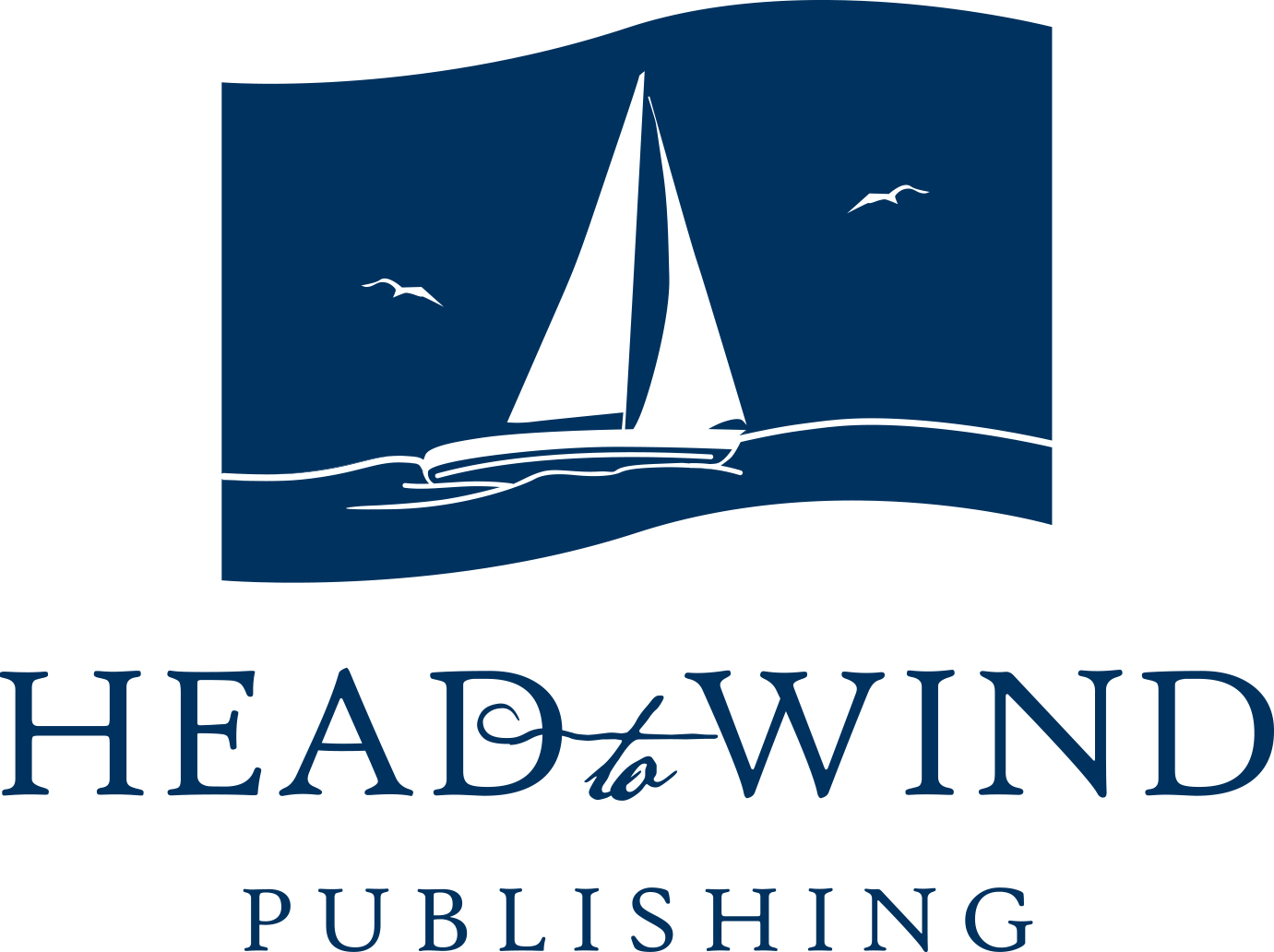On Using Forbidden/Revolting Words
I’ve begun reading a nonfiction book whose intro mentions the debate that the author and publisher had over using racial slurs in the text. It’s a tough question. One that many writers struggle with when trying to recreate a place, a people and a culture. Does it accurately define some aspects of a character? Or does its use continue to legitimize (at least in some quarters) the word along with all its ugly connotations? NOT using it when and where it has been (and sometimes continues to be) used, denies reality and the struggles of the characters. Is the word necessary? Or not?
While the debate boils down to: Put it in or leave it out?, which is pretty cut and dried, it’s hardly a straightforward decision. Putting into print words that are often and have long been casually used by one person to denigrate another is jarring, off-putting and is potentially a make-or-break for a reader.
I bring this up, because there is an ugly epithet in The Monday After Father’s Day: Revelations, A Parable, by Pete Fortenbaugh. It is used, consciously and after debate, in one scene – against one of the most educated characters in the book. Ugly, and telling. It is one reason why there are study questions at the end of the book (along with an excerpt from Fortenbaugh’s lovely short story, Inheritance, originally published by Little Patuxent Review). The Monday After Father’s Day is in some ways a petrie dish of our human existence. Ignorance and kindness, generosity and mean-spiritedness are all part of the equation.

